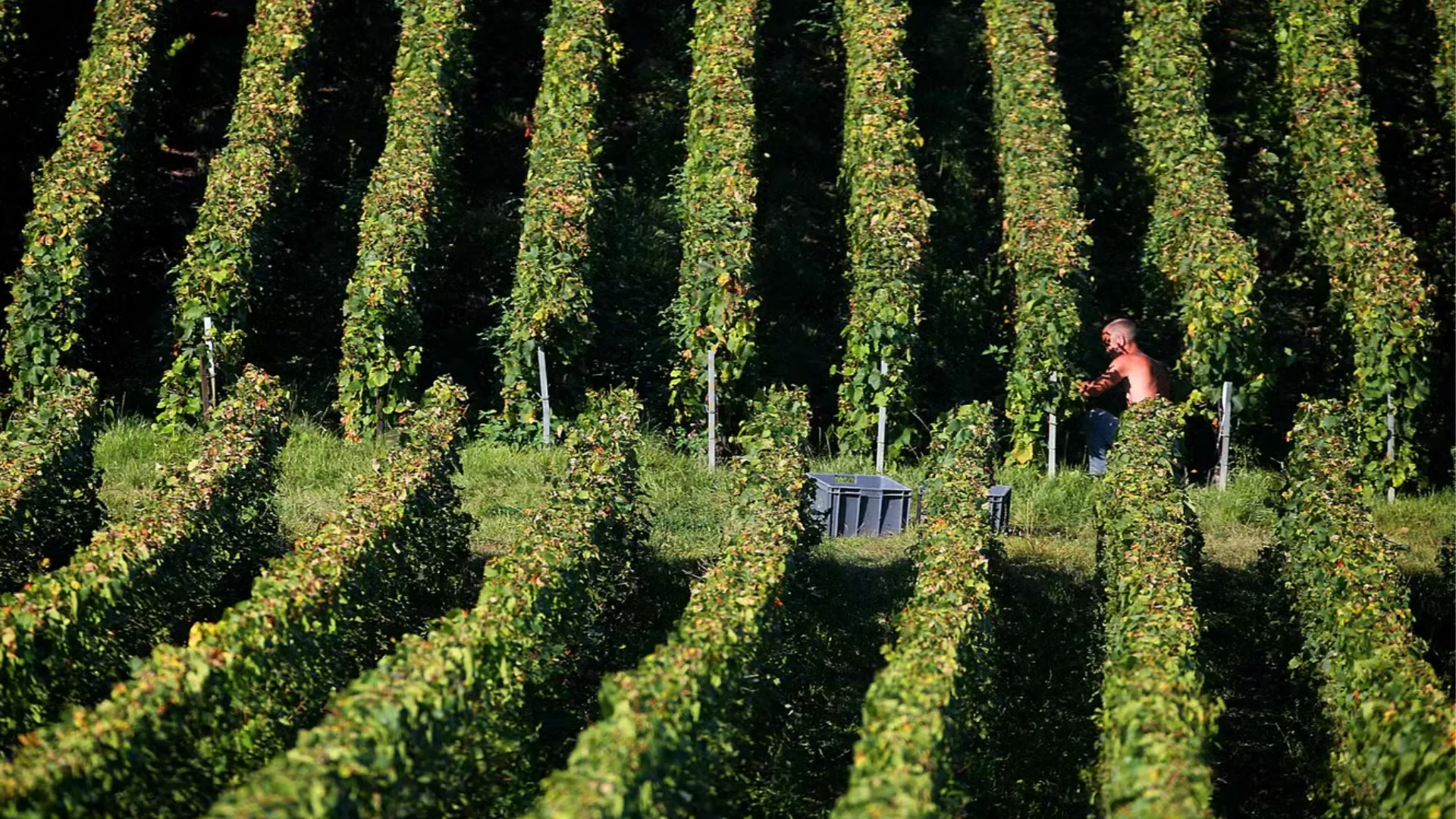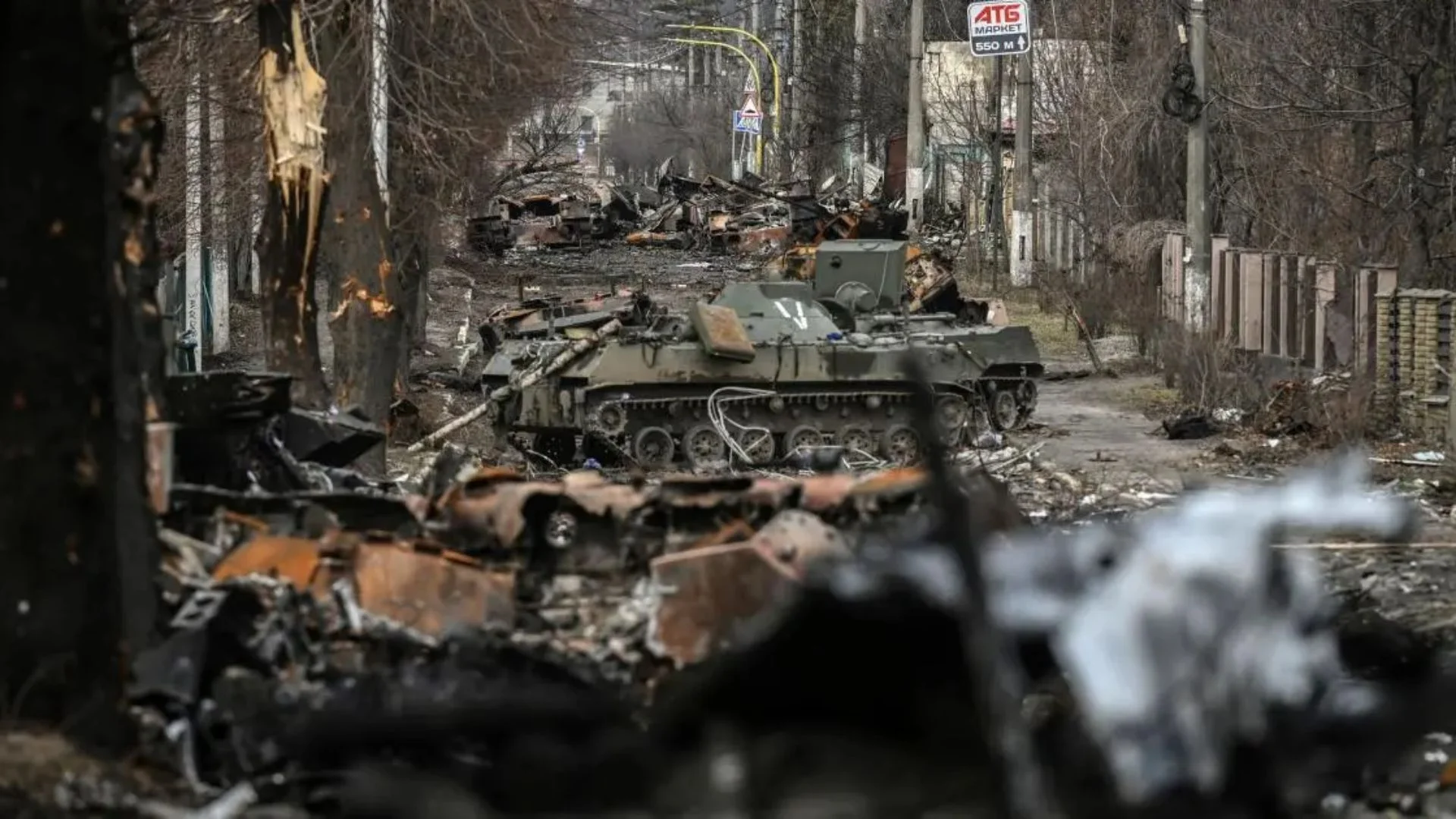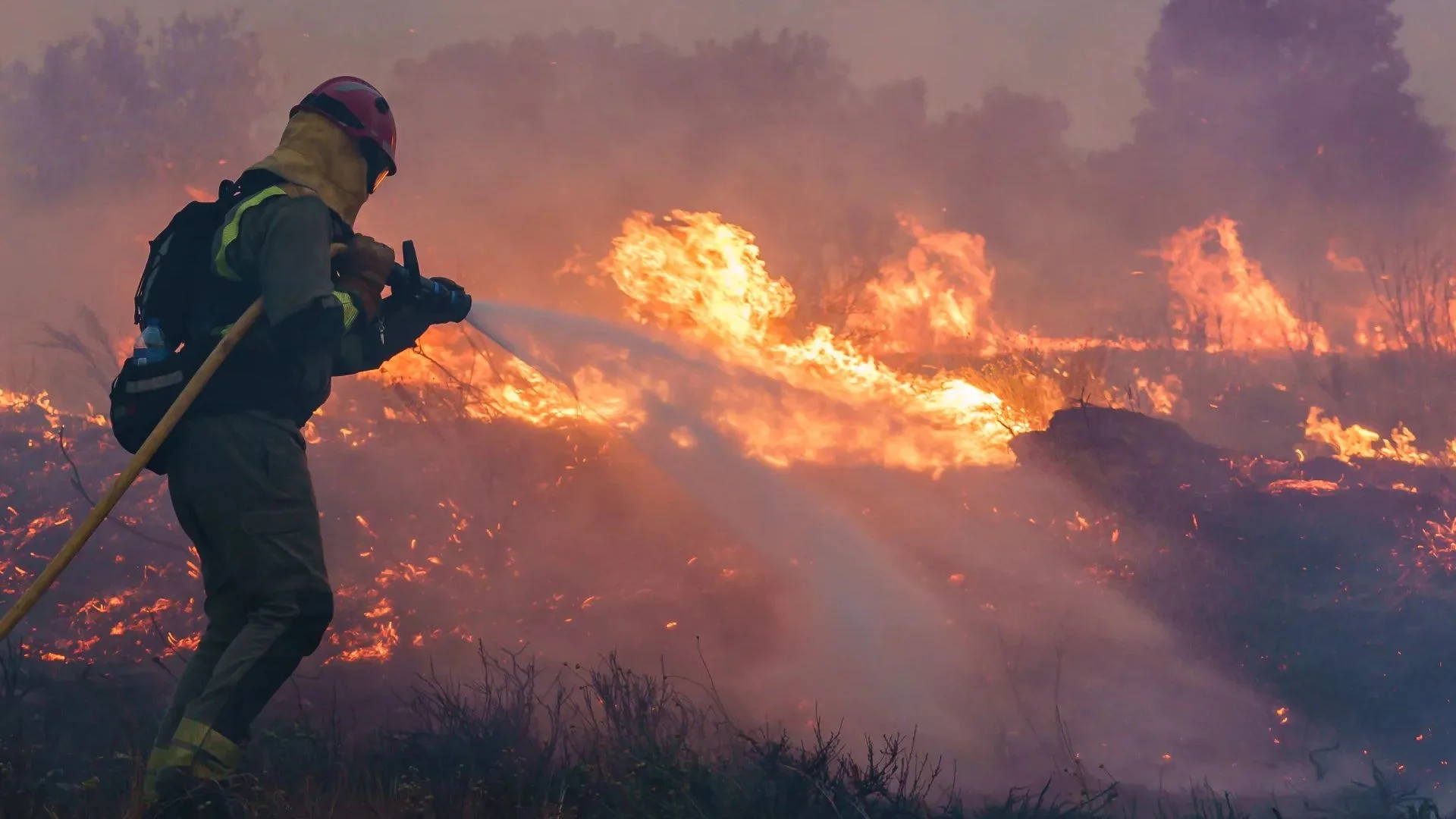A major human trafficking trial has begun in Reims, eastern France, shedding light on the alleged exploitation of over 50 undocumented migrant workers in the heart of the country’s prestigious champagne industry. The accused include a woman from Kyrgyzstan, a Georgian man, and a French national.
Undocumented Workers Lured with False Promises in France
Recruiters targeted the Soninke ethnic community in Paris through WhatsApp messages and brought in victims, mostly from Mali, Mauritania, Ivory Coast, and Senegal. They promised well-paid work during the 2023 September harvest, but instead subjected the 48 men and 9 women, aged between 16 and 65, to appalling conditions in Nesle-le-Repons, southwest of Reims.
“They shouted at us in Russian and crammed us into this broken-down house,” one worker, Kanouitié Djakariayou, told La Croix. “There was no clean water… even animals would not accept this place.” Another worker, Doumbia Mamadou, said they were left traumatized and without psychological support due to their undocumented status.
Harsh Working and Living Conditions Uncovered
Labour inspectors, tipped off by a local resident, found the migrants living in unsanitary conditions that violated basic health and safety regulations. Toilets were filthy, showers were inadequate, and living areas were outdoors, exposed to weather. Workers were transported in truck beds and forced to work ten-hour days with minimal breaks, without formal contracts or fair compensation.
Prosecutors accuse the defendants of showing a “total disregard for human dignity.” The main accused, 44-year-old Svetlana G., ran a recruitment agency named Anavim and faces charges of human trafficking, illegal employment, and lodging vulnerable individuals in unfit housing.
Industry Practices Under Scrutiny in France
The case has cast a spotlight on the wider €6 billion champagne industry, which relies on around 120,000 seasonal workers annually. In 2023, six grape-pickers reportedly died from suspected heatstroke during harvests in Champagne and Beaujolais. Unions argue that producers often shield themselves behind recruitment agencies, and are calling for stricter accountability measures.
Jose Blanco of the CGT union said, “It should not be possible to harvest the grapes of champagne using human misery.” Meanwhile, the Comité Champagne, the main industry body, condemned the abuse, noting such practices are rare and damage the brand. The Comité is participating in the trial as a civil plaintiff.






















